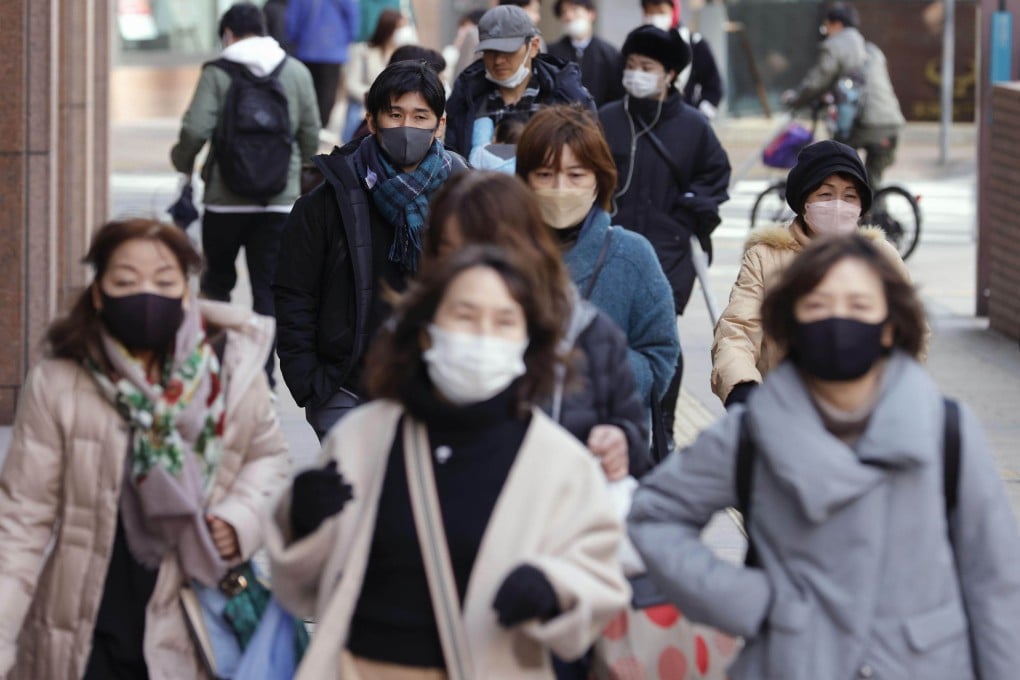Japan admits it must do more to ease women’s struggle to balance work and family
- Japan ranked 116 out of 146 countries on gender parity in the World Economic Forum’s global report last year, and efforts to promote women in management and government have stalled
- Women find it particularly hard to balance work and household duties, still broadly seen as the woman’s responsibility, forcing many into unstable, lower-paying work

In another index compiled by British magazine The Economist, Japan ranked second from last among developed nations with regard to the role and influence of women in the workforce for the seventh straight year.
The index for 2022, published on Wednesday, assessed working conditions and other factors affecting female participation in 29 of the 38 members of the Organization for Economic Cooperation and Development (OECD). Iceland ranked first, followed by Sweden, Finland and Norway.
Japan ranked 28th and South Korea 29th, both unchanged in the annual survey since 2016, with the magazine noting that women in the neighbouring East Asian countries “must still choose between a family or a career”.
The situation for women, who are trying to balance household and workplace responsibilities is quite difficult in our country
Women in Japan often find it particularly difficult to balance work and household duties, still broadly seen as the woman’s responsibility, forcing many into unstable and lower-paying “temporary” contract work.
